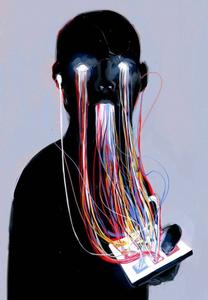
“Every new generation reaches new conclusions on the questions that we all ask throughout our entire lives. My problem with my own generation’s answers to these questions is that I think they are algorithmically generated. We are reaching, I believe, inhuman conclusions on what human life means on both an individual and societal level. The machines don’t want to help you. They want you to keep looking.”
— DJ Peach Cobbler
14 days ago
> i will no longer post my daily life
> i will cease to be voyeuristic
> i do not need to articulate and publicize my opinions
> i do not have to externalize every (interesting, meaningful) thought
> i’m not interested in legibility
> meditation, noting
> deep curiosity blocks out internal chatter
> bring myself back from a train of thought
> lack of stimuli
> the hardest performance is the complete absence of one
In English, attention is something you pay. In Spanish, it is something you lend, and in German, something you gift. You “do” attention in Italian and French. The quest for attention is an invitation to care.

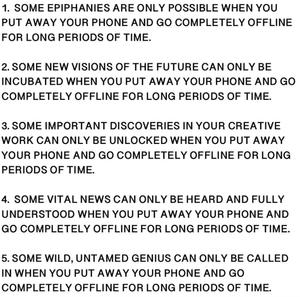

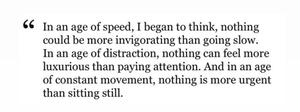

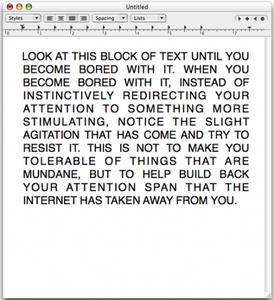

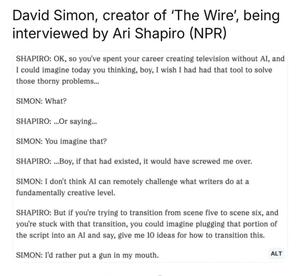
5 days ago
Attention, taken to its highest degree, is the same thing as prayer. It presupposes faith and love.
Absolutely unmixed attention is prayer.
If we turn our mind toward the good, it is impossible that little by little the whole soul will not be attracted thereto in spite of itself.
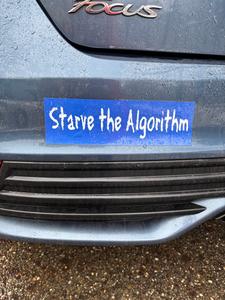
4 days ago
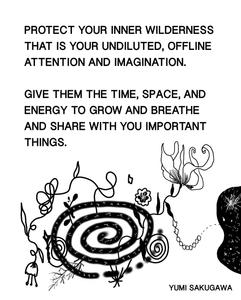
Gardening is not just a set of tasks. It’s not restricted to backyards, courtyards, balconies. It can, and should, happen anywhere, everywhere. Gardening is simply a framework for engagement with our world, grounded in care and action. To garden is to care deeply, inclusively, and audaciously for the world outside our homes and our heads. It’s a way of being that is intimately interwoven with the real truths of existence—not the things we’re told to value (money, status, ownership), but the things that actually matter (sustenance, perspective, beauty, connection, growth).
– Georgina Reid, Audacious Gardening: On Daring to Care
2 months ago
“It’s not the iPad baby’s fault per se that they are iPad babies. They were raised in an ecosystem designed to keep them addicted, reactive, and overly emotionally invested in things that do not matter. By the way, an iPad baby’s can be anyone of any age. We are all infected by the brain disease of TikTok at this point. The algorithm doesn’t reward curiosity or skepticism which are two pillars of independent thought. It prioritises certainty, immediacy, and volume.”
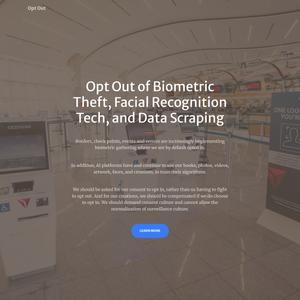
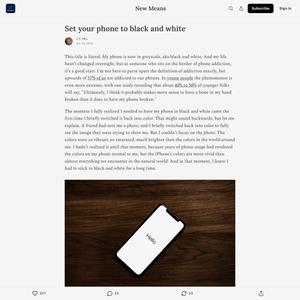
- Some of y'all seem to be labouring under the assumption that your decision to disengage from current events in this country and around the world is a neutral choice.
- Or even more insidious this idea that your wilful ignorance is some kind of self-care because the things that are happening in this world are just too terrible to bear.
- Of course it's too terrible to bear. That's actually the whole point. That if you intentionally let yourself feel the grief of the world that would make it very difficult to continue your day-to-day operating procedure.
- We live in a violently capitalistic society that is dependent on all of our continued productivity and consumerism. Do you think it's a coincidence that there are so many products out there that are meant to distract you, steal your time, and keep you numb?
- Because if you actually took a moment to let yourself feel the grief of the world then I don't know, maybe you might like post about something you've never talked out...